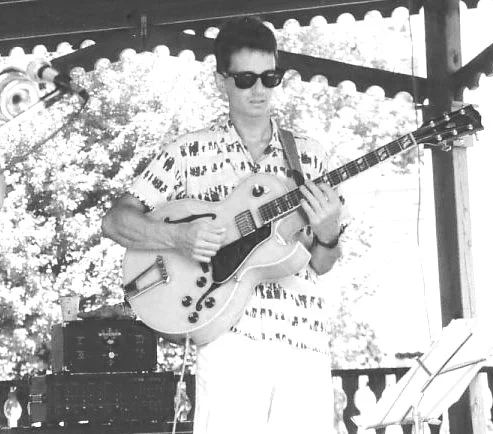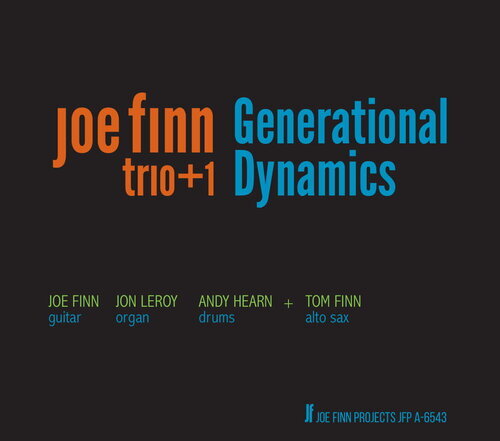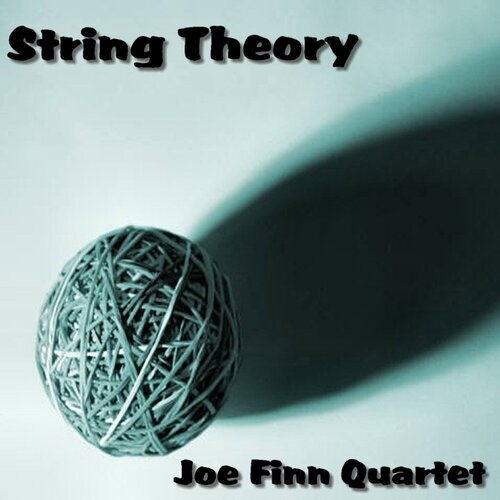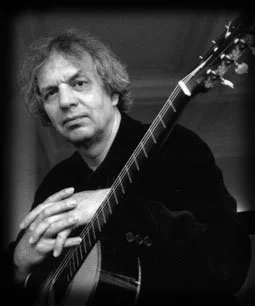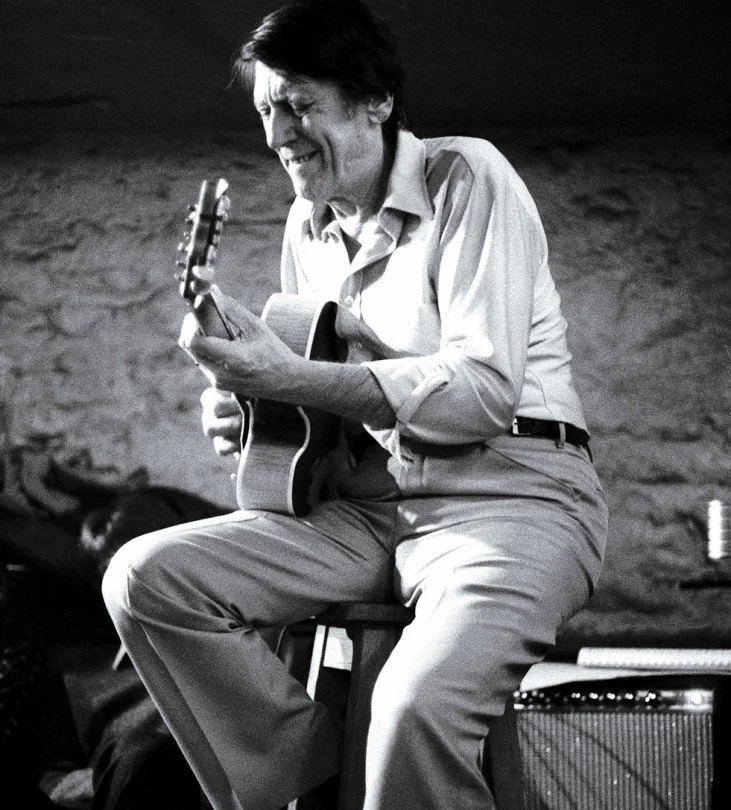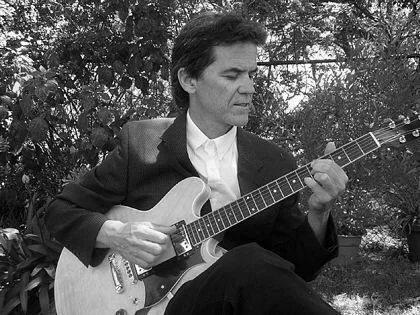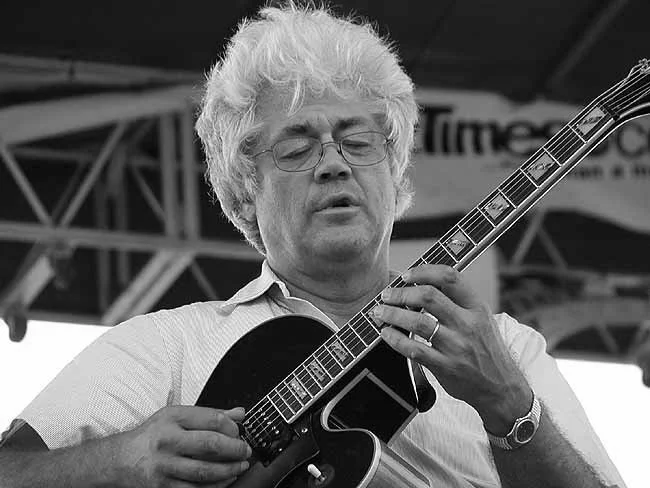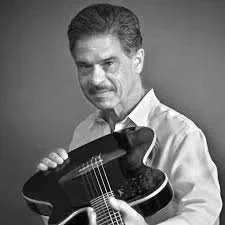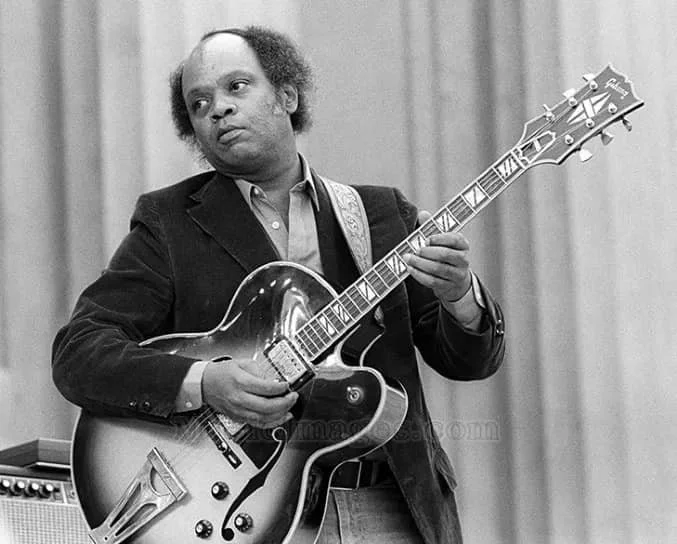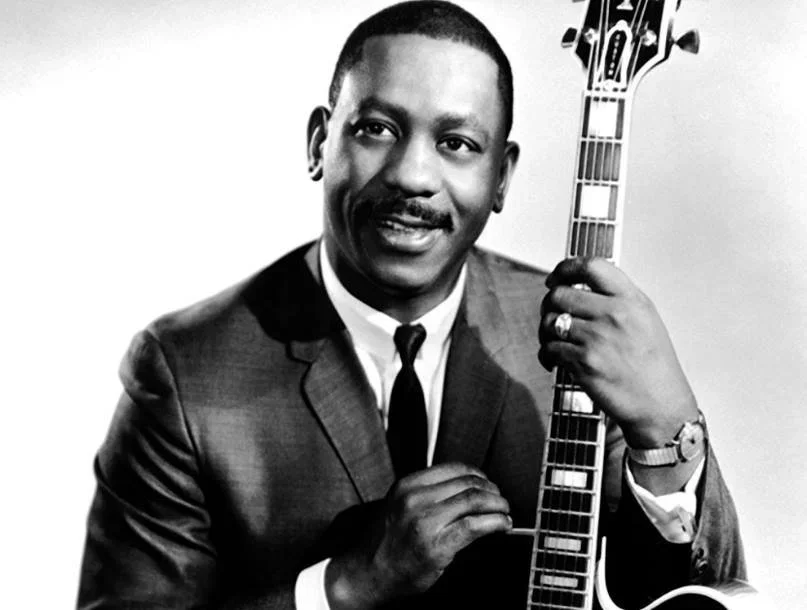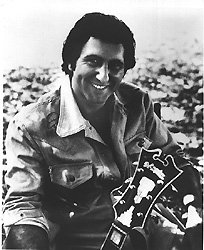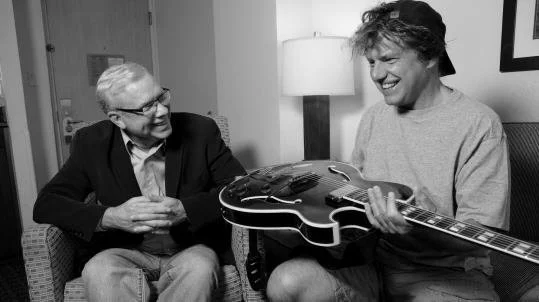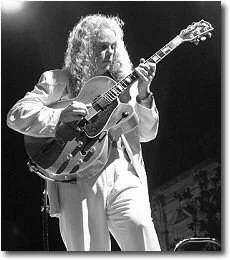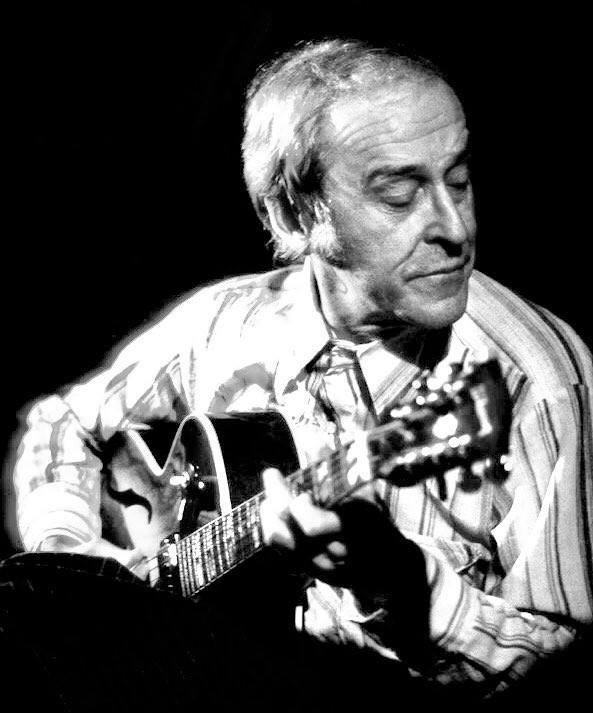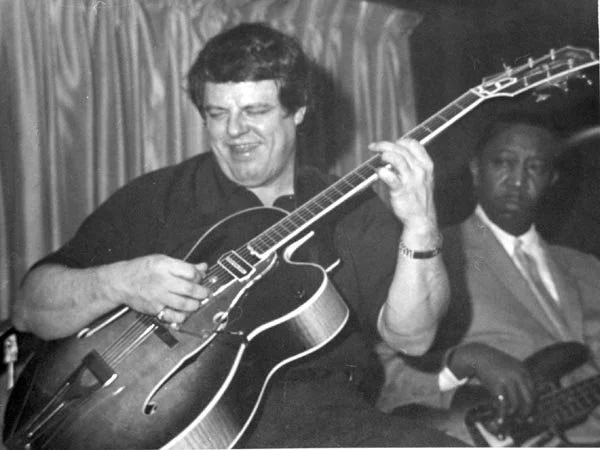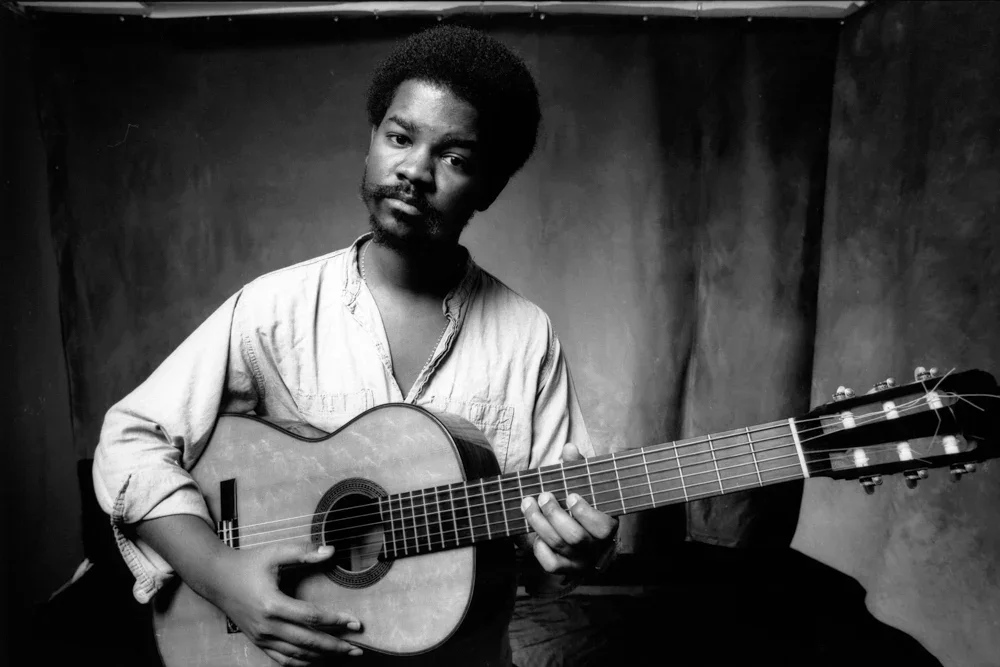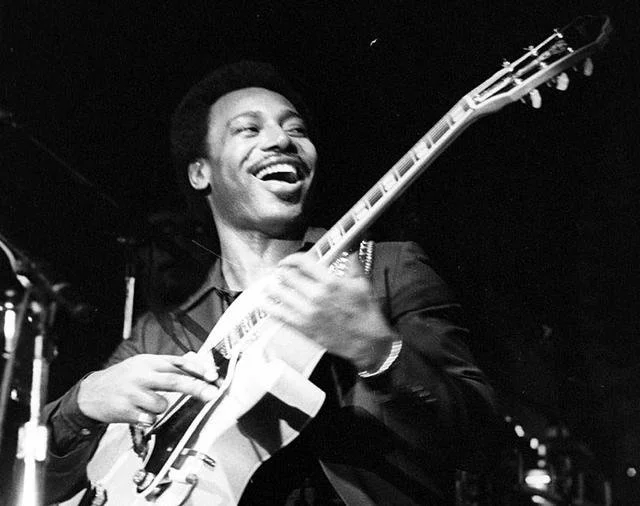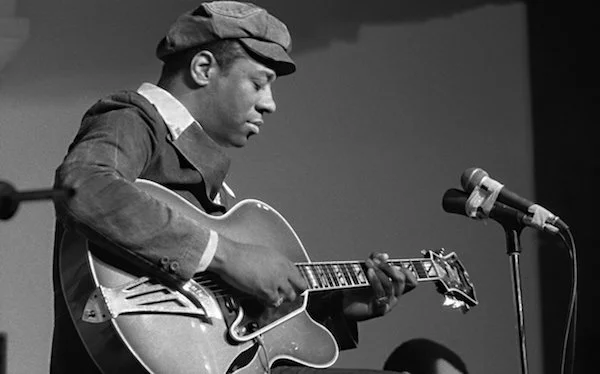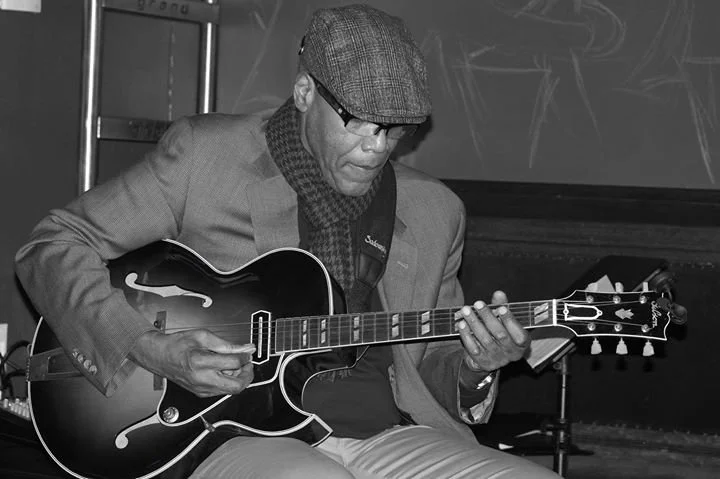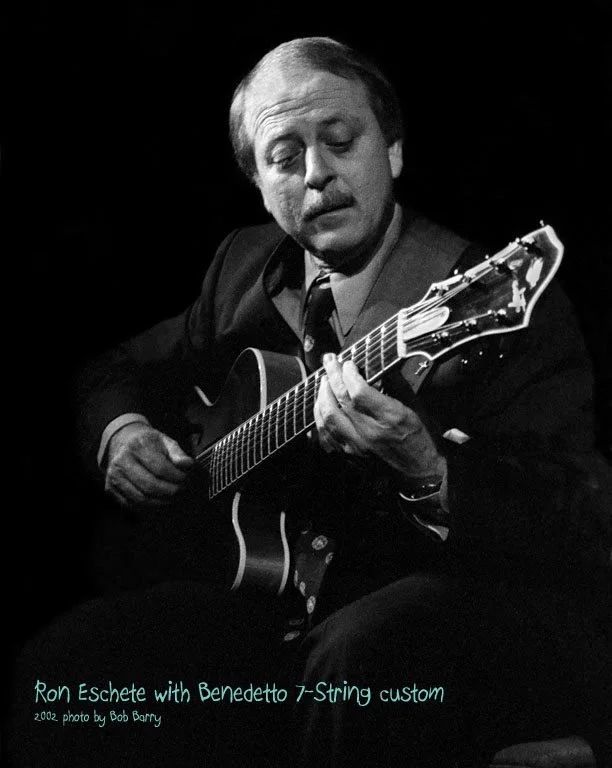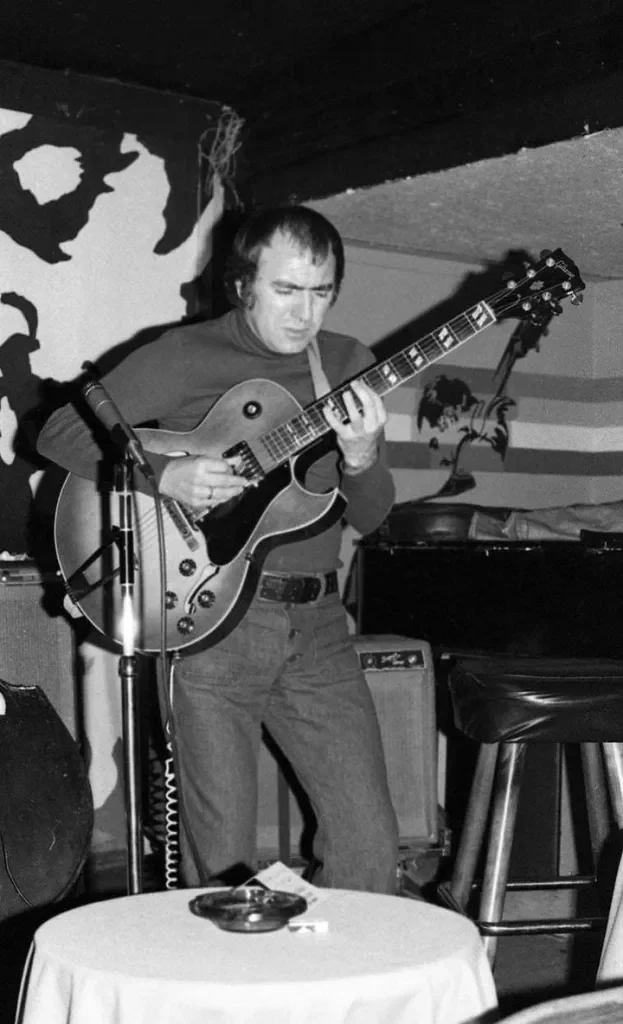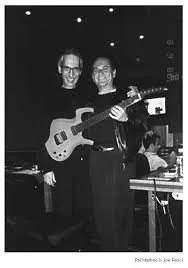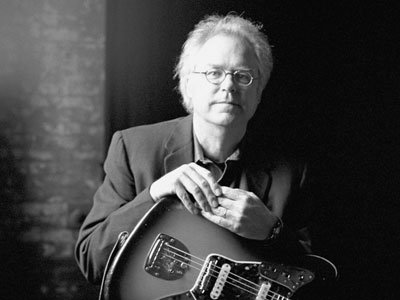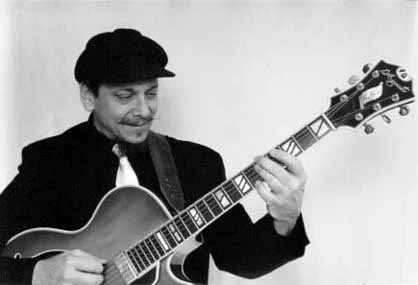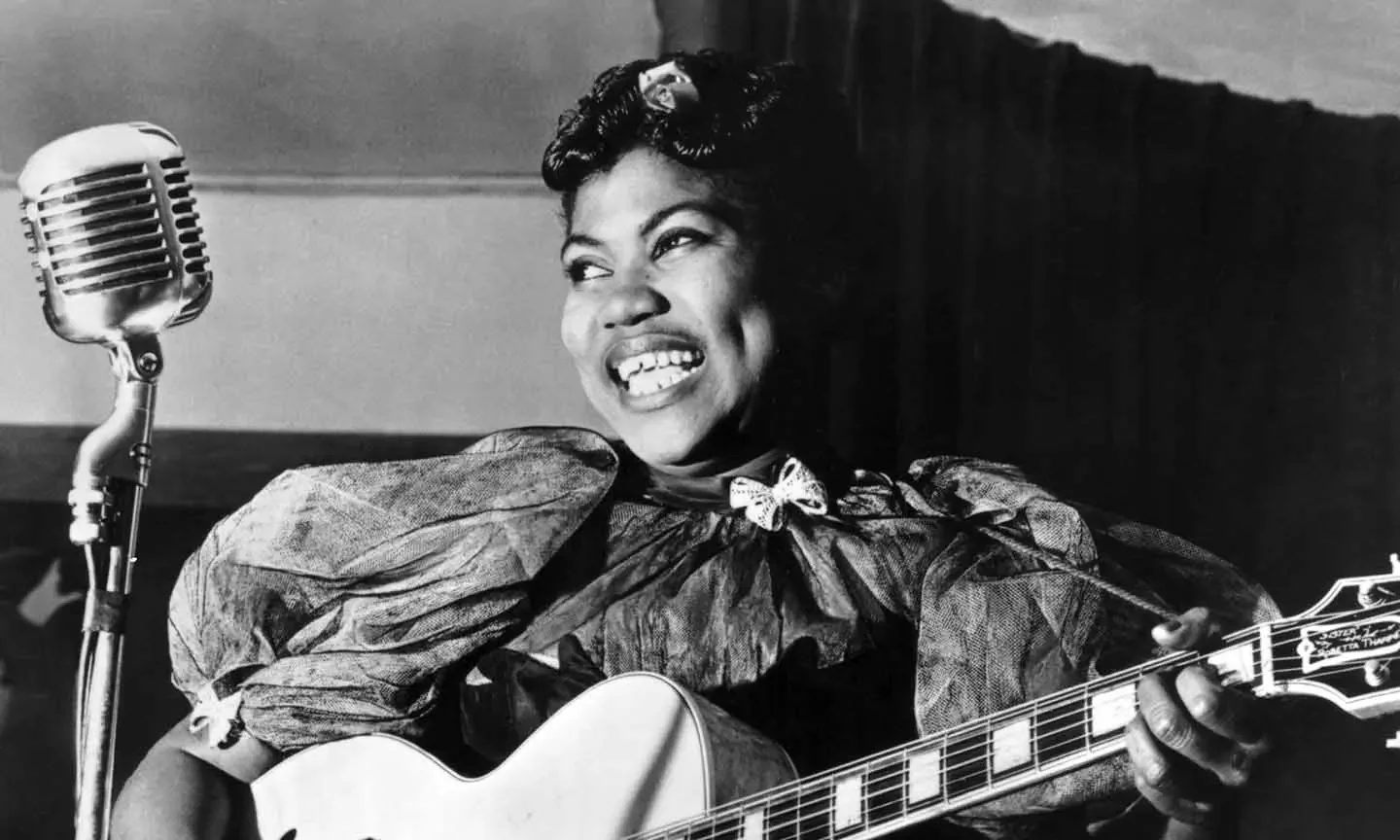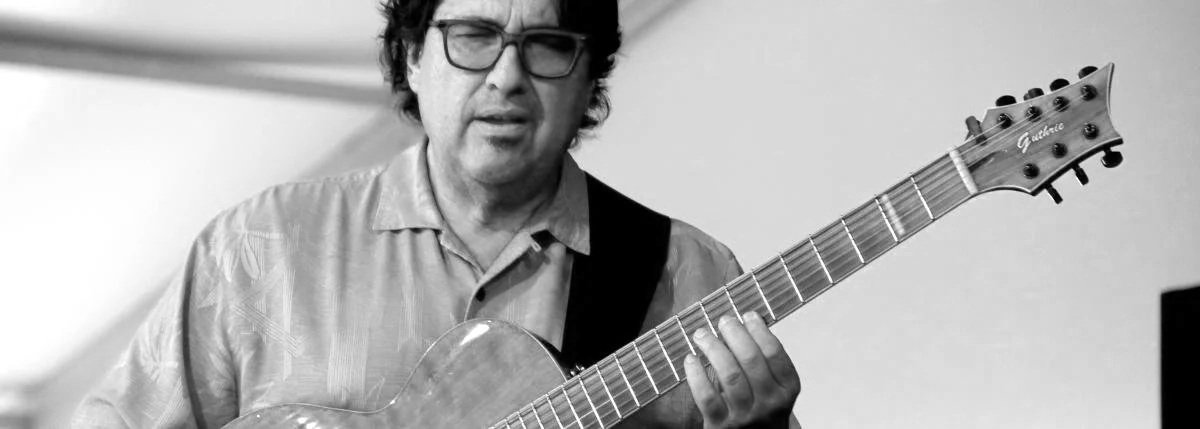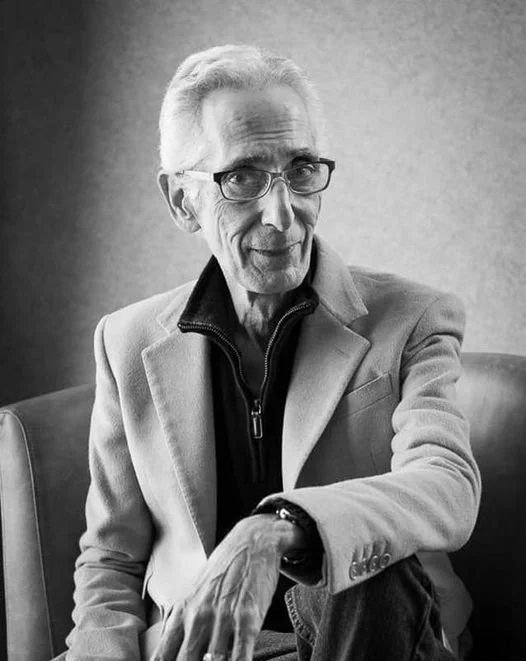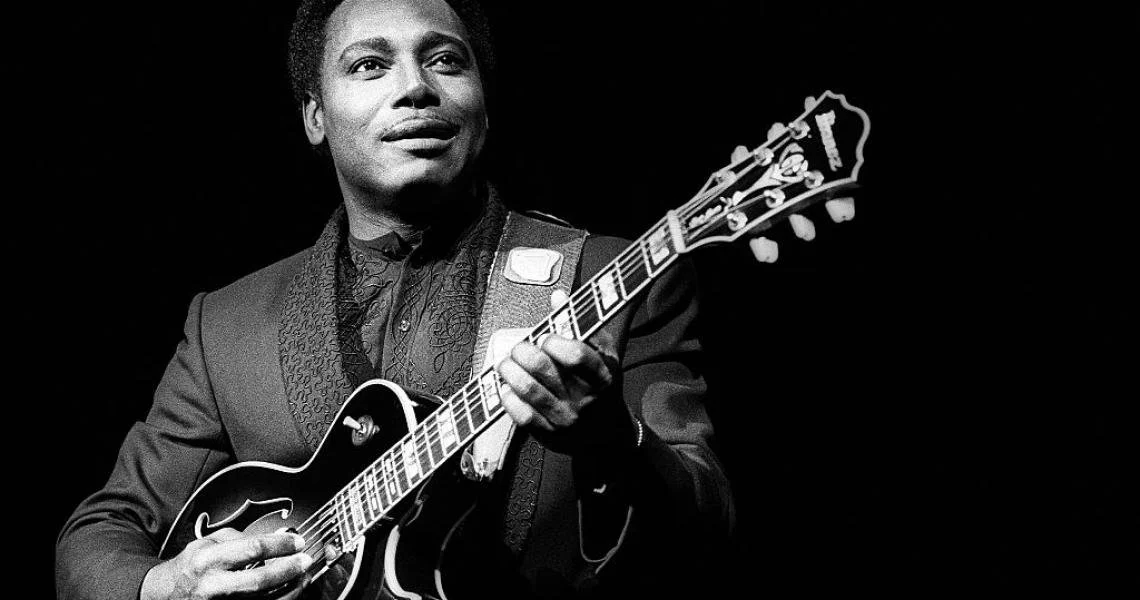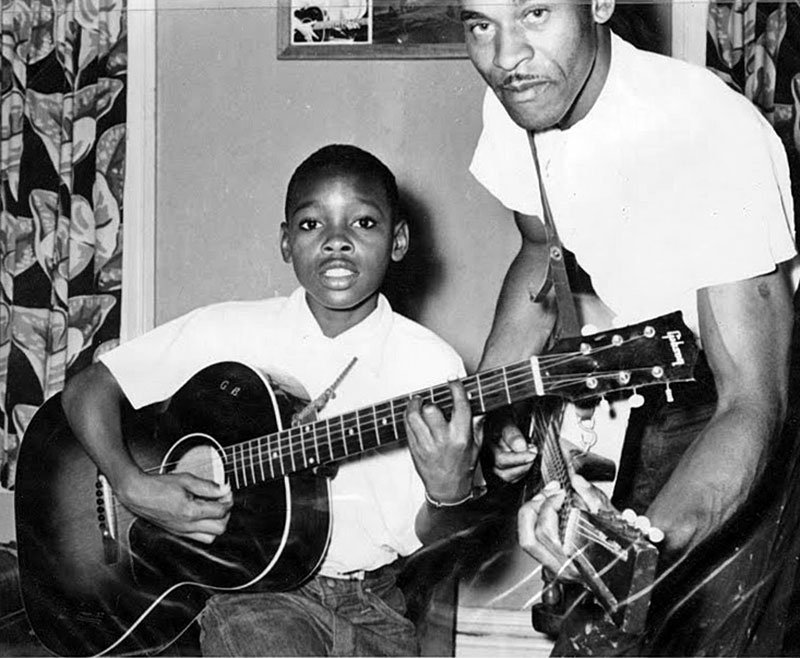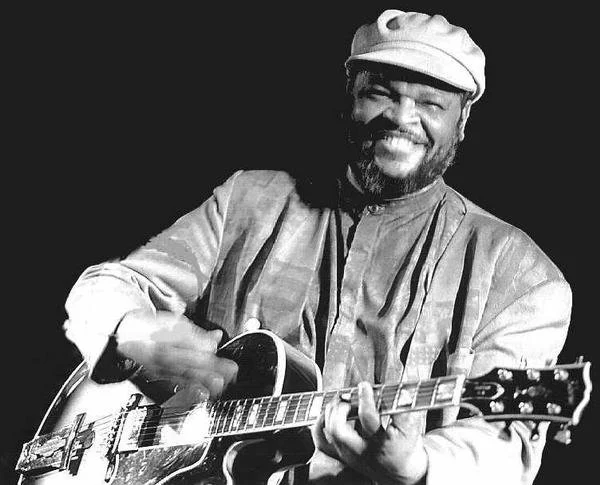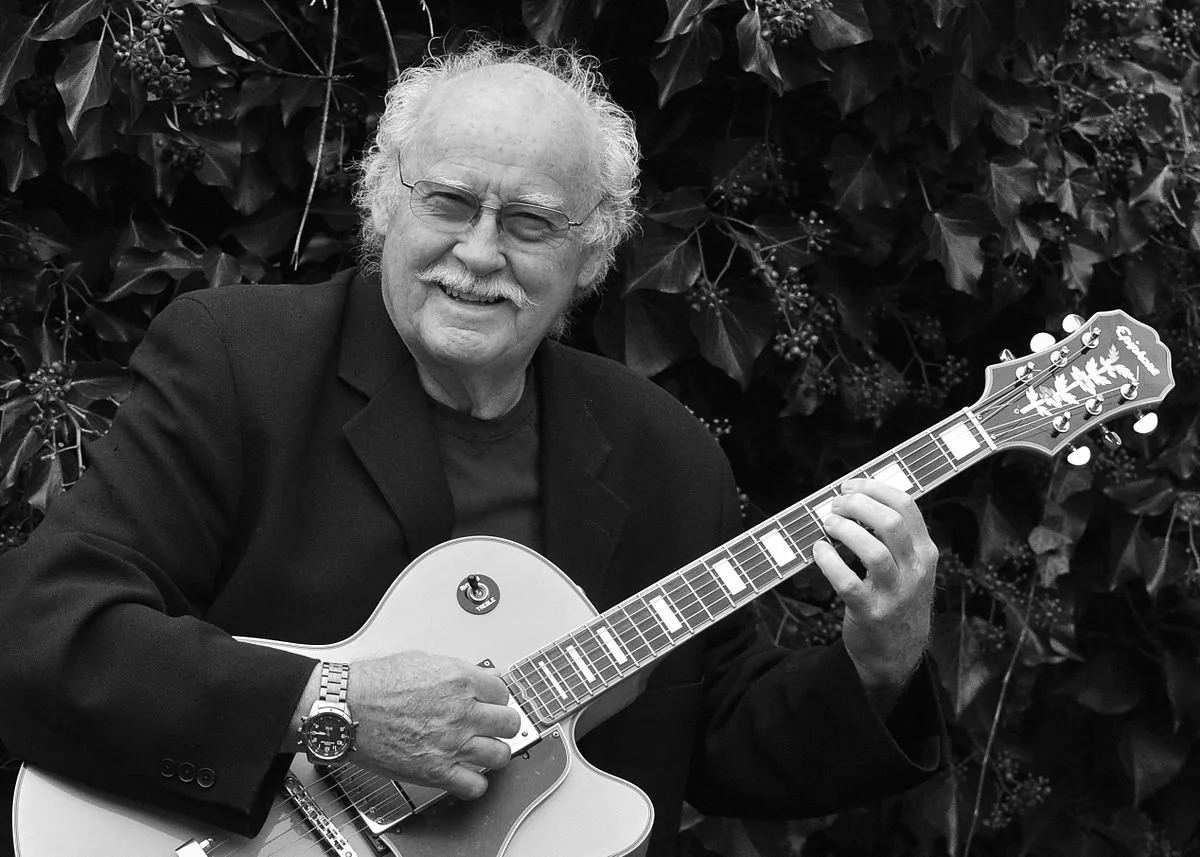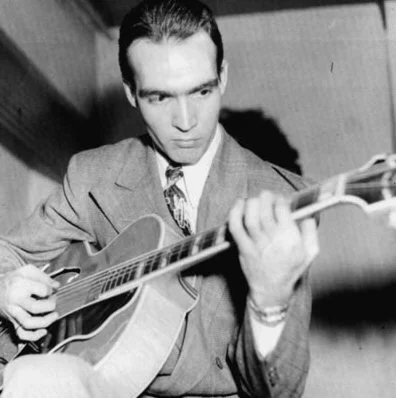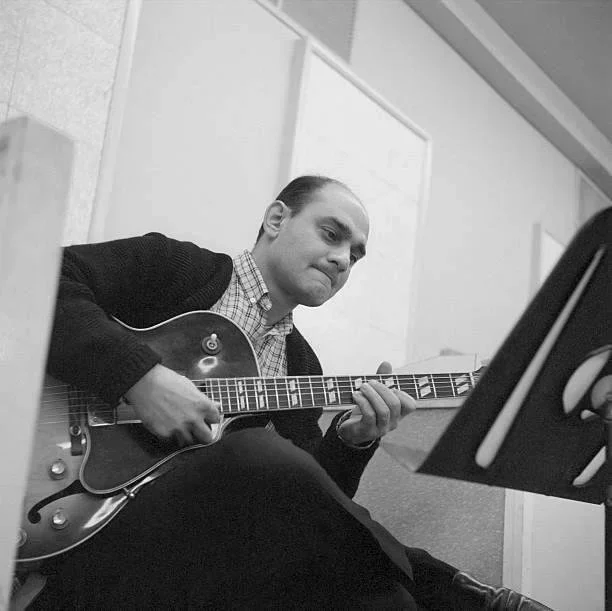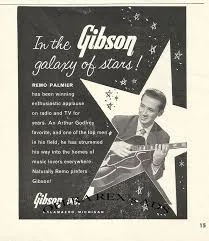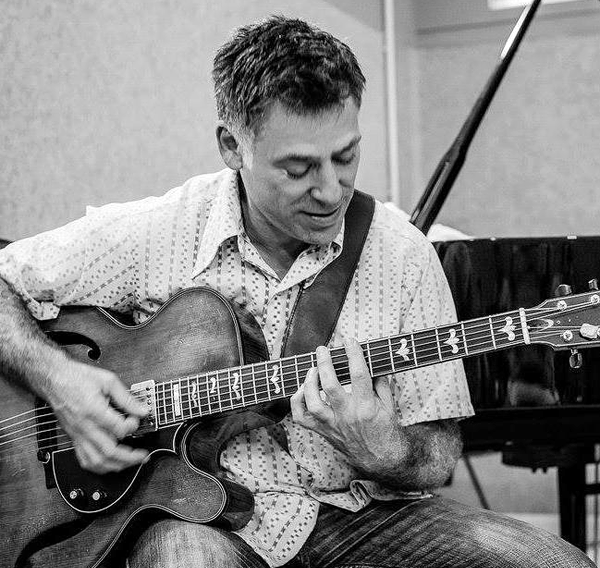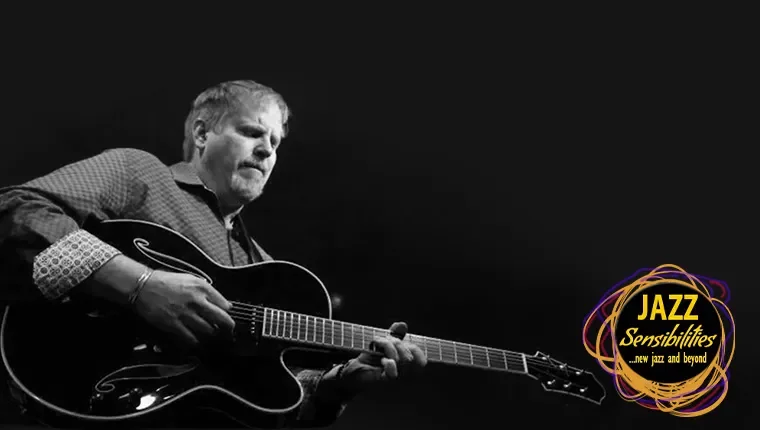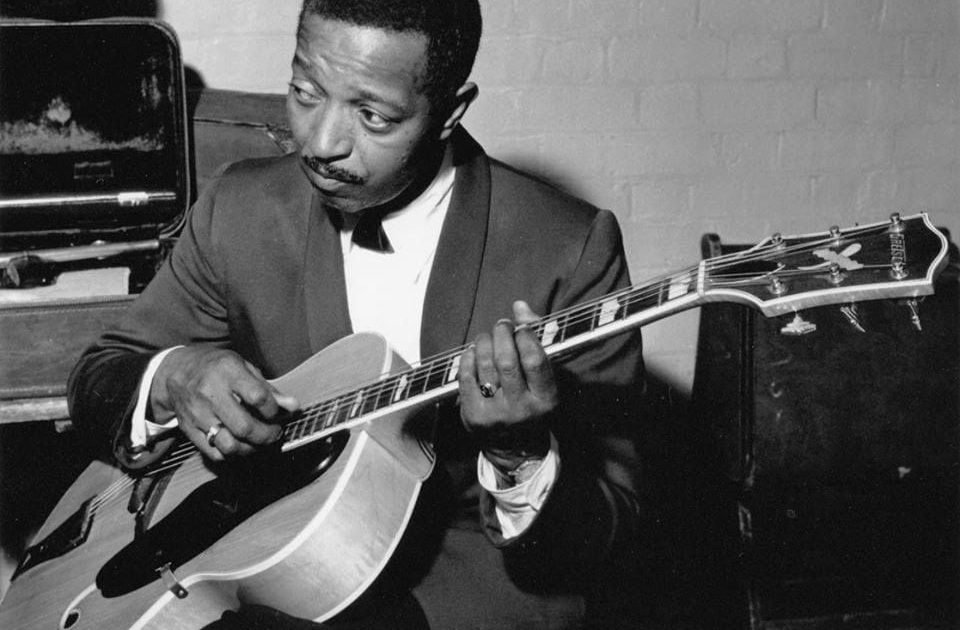The following interview was given to Jazz Guitar Life in 2004
JGL: How old are you?
JF: I was born on January 29, 1953 in Hartford, Connecticut.
JGL: At what age did you first get into guitar playing and were you interested in jazz from the beginning or were there other musical interests before jazz? What was the motivating experience to get you involved in this particular music and instrument?
JF: I was exposed to music in infancy since my Father was an amateur pianist. He was also a radio announcer. He had a big collection of recordings that he had appropriated once the radio station was through with them. He was either playing the piano or playing records pretty much all the time. I remember hearing a lot of Nat Cole, Lionel Hampton, Stan Kenton, various big bands and lots of Frank Sinatra. He also listened to a lot of classical music. At the piano he would play a little Beethoven, various jazz standards like Green Dolphin Street and his own compositions. So I got to play the piano as a kid. They tell me I would spend hours sitting there plunking out little melodies and chords. I then got interested in guitar because my cousin had one. This was before I was ten. I don’t think he played it much and he let me borrow it. I hung on to it for an entire summer before getting one of my own.
JGL: What kind, if any, formal training do you have (ie: lessons, schooling, that sort of thing). And how did these experiences help you get where you are today?
JF: I have a bachelor’s degree in music from the State University of New York at Plattsburgh. It helped me a lot to take those four years and focus heavily on music. The curriculum included ear training, composition, arranging, music history, theory, and the like. I also got my first opportunities there to work with and meet real professional players. Paul Winter, Chuck Mangione, Roy Burns, and Kirk Nurock, Billy Cobham, and John McLaughlin were some of the ones I remember. Aside from being inspiring musically, guys like this gave us the idea that a life in music was not just a dream. They were actually living that life. I had some great instructors too. Jim Miller, Jerry Lavene, Billy Hawkins and David Hoffman were people who really encouraged and inspired me.
JGL: What was your first guitar?
JF: The one I borrowed from my cousin was a Kay archtop.
JGL: Who were your influences on jazz guitar when you were beginning? And have they stayed the same or have they changed over the years? Who are you listening to today (guitarists or non-guitarists)?
JF: The first recording of a guitar I would have heard was Oscar Moore with the Nat Cole Trio. He was a very fine player that I learned to appreciate more and more later on. A lot of that music has been reissued and revisited by people like Natalie Cole and John Pizzarelli so it’s still pretty popular. I enjoy that style tremendously since I grew up with it. Later on I got interested in George Benson, Joe Pass, Wes Montgomery and Pat Martino. I copied each of their styles closely. I would transcribe their solos and practice them until I could play them note for note. Those four will always be really special for me. Listening wise I go for a variety of different things. I love free improvisation the way Cecil Taylor and Bruce Eisenbeil do it. I listen to a lot of big band music. Maria Schneider is one of my current favorites. I always liked Thad Jones/Mel Lewis, Toshiko, Carla Bley, Kenton and Buddy Rich too. I’ve listened to lots of Ellington, Basie and Wynton Marsalis also. I leave the radio tuned to the local classical station so I get to hear a little so called “serious” music every day. I even like to listen to opera. Among guitarists I like to listen to Fred Fried, Jim Hall, Paul Bollenback, Russell Malone, Mark Whitfield and Jimmy Bruno. I love what Pat Martino is up to these days. He’s the greatest.
JGL: Did you know early on that music was something you wanted to do as a career choice and if so, what were some of the things you did to make this choice work for you?
JF: Back when I was too young to have any idea what a career might actually be, I had a feeling that music would be something I would always be involved with. It was just intuition, I guess. I was always hanging around with the other players and when you are around these various musical situations you just get involved more and more. As time went on my interest in music continued to grow and various opportunities would just naturally come up. Before you know it you’ve got something people are calling a career.
JGL: When you were younger what was your band experiences like? Did you have friends who were involved in music as well or did you have to search for people to play with.
JF: I had friends in high school who liked to get together and play various easier tunes like Footprints, Maiden Voyage or Freddie Freeloader or whatever. We learned from listening to records and from each other. There didn’t seem to be as many instructors around back then so we were sort of on our own for a while. I also played electric bass in the high school jazz band. This I loved because we got to play concerts out of town. That was really fun for me. I think that was my first time away from home too.
JGL: What was your practice routine like when you were beginning and what is it like now? Are there specific areas that you work on or do you just play through tunes?
JF: As a kid I spent a lot of time playing along with records. I did this every day for years. It helped my ear and my time a lot. It’s still a good way to learn tunes. I continue to enjoy playing along with the recordings of other guitar players. Jimmy Bruno is a good one because he has so much imagination and facility.
JGL: How difficult do you find it making a living as a jazz guitar player? Or have you found it to be relatively easy?
JF: I think it’s a lot like being self employed in any other line of work. I’m basically a free lance independent contractor. I have to create my own opportunities and sort of make things happen. You’d have to do this in any business, though. It certainly has it’s ups and downs, that’s for sure. You don’t make the same amount of money every month. That can sometimes be a problem. I don’t seem to have any trouble staying busy. I just keep a lot of lines in the water, so to speak. The calendar seems to fill itself up.
JGL: How do you go about searching for gigs? And what have you found in your experience that makes looking for gigs easier?
JF: I keep the traveling to a minimum. Almost all my gigs are near enough so that I don’t have to stay overnight anywhere very often. I have lots of local contacts among musicians, the union, and various venues in the area. This helps a lot. It’s kind of a word of mouth thing where your contacts and your reputation are the things that get you booked. Having recordings and an internet presence helps a lot too.
JGL: What type of musical situation do you enjoy the most (ie: trio, quartet, duo, solo, etc.)
JF: I’ve learned to become comfortable in each of several musical configurations. There are aspects of playing in trio, quartet, duo, and solo settings that differ one from the other. I’ve played a lot more solo gigs in the last year or so for some reason and I really enjoy the freedom I have when I’m all by myself. I can do things as a soloist that are a lot of fun for me that I’d never get away with in a group. My regular quartet is a great little group too. Those guys are such strong players that it makes my job easy.
JGL: Do you like performing more as a sideman or as a leader? And if you could comment on the pros and cons of both.
JF: I’ve been working more and more as a leader. I like it a lot because I get to choose the material that best suits me and I like interacting with the audience. I always say a few words to the crowd to put them at ease and let them get to know me a little. This usually makes people more relaxed and receptive. Basically I just want them to enjoy the music.
JGL: How many CD’s have you released as a leader?
JF: There are now four releases. “Straight Ahead” from 1992, “Guitar Signatures and Duets” from 2001, “Blue Tomorrow” from 2002 and “Destiny Blue” from 2003.
JGL: What was the motivation to release your own CD’s? And what was your experience as such getting that first CD out (from the initial idea to the final product)? Do you have any plans for future projects and if so, will there be more original compositions on it or do you prefer playing standards?
JF: In some ways I record simply as a way of expressing myself musically. I’m looking to create a certain statement of where I’m at musically at a given time. I love being involved in the recording process. It takes time but the results are worth it. The last CD “Destiny Blue” was a continuation of the quartet concept that we began on “Blue Tomorrow”. I had a collection of standards and originals that we had been performing as a quartet and we just felt the need to lay them down in the studio. There’s a certain sense in which you want to document what the band is doing in the relatively controlled setting of the studio. Putting the tracks together into a coherent album of music is a very satisfying process. I haven’t decided if the next cd will be with the quartet or not yet. I feel a little like I’ve done what I can do with the quartet concept for the time being. I may record some duets with piano just to see where that takes me.
I’m in no rush to record right now. I can wait until the time is right.
JGL: Any advice for the younger guy or gal who is thinking about playing jazz guitar?
JF: I have a half dozen private students right now. I give them advice all the time. Some of them actually listen, too! I think the big thing for a lot of them is to learn as much of the repertoire as they can. A lot of them are good readers and many can improvise pretty well. One of the things that tends to hold them back is not knowing enough tunes. I usually ask a student to learn a tune every week. If they do this for two or three years they’ll have a pretty good list of material.
JGL: On your site, there is a wonderful resource called the Jazz Guitar Almanac…could you describe how that came about and do you put all the work in it yourself? It truly is a great resource. I visit it often and I really enjoy it. I always come away from it having learned something new. So kudos to you!
JF: About five years ago I began to notice that there were a lot of guitar players who had put websites up. Rick Stone and Jimmy Bruno were into this pretty early. I wanted to put up some instructional material and the usual audio clips and biographical information, but I felt like I wanted some other kind of content too. I wanted something that other sites didn’t have that would make my site a little bit different. I began to think about all the great guitar players over the last century who were becoming increasingly obscure. The idea of establishing a list of birthdays was what I came up with as a way of keeping the names of these players in circulation. I combined this with a list of tips for guitar players. It took me about a year to get the tips and the birthdays together but I’m glad I’ve done that. I always get lots of positive feedback regarding The Jazz Guitar Almanac.
JGL: I read somewhere that you appeared on BET’s Jazz Discovery Showcase in 1998 and won the award in their jazz instrumental category. How did that come about and what, if any, was the outcome of winning such an award?
JF: There was a local television show in Albany, New York at the time that had invited the quartet to play. It turned out that the audio and the video quality we got was excellent and one of the guys in the band asked why didn’t we submit a copy to Jazz Discovery Showcase? We had performed “Lucky Southern” and “The Days of Wine and Roses” on the tape which turned out to be good choices because they were very accessible and swinging. The funny thing about having won the award was that they put my private phone number on the screen after they had played the clip. This resulted in me getting all kinds of phone calls from all kinds of people I didn’t know in the middle of the night when the show aired. That was different. The phone calls were mostly good natured and amusing. All in all it was a great experience.
JGL: You play quite a few gigs as a solo guitarist and your CD “Guitar Signatures and Duets” is a solo guitar venture where you you pay tribute to jazz guitarists like George Benson, Joe Pass, Kenny Burrell, and others who have influenced your playing and/or listening habits in way or another. How did this CD come to be?. Could you explain why you have chosen this form of guitar playing and do you find it limiting at all or is there a greater sense of freedom not being bound by another instrument? How do you approach this method of playing?
JF: Well, as it turns out, there is a small group of my fellow guitarists to whom I owe a huge debt. These are the guys that taught me, through their recordings, not just how to play guitar but how to approach the art in a broader sense. What I decided to do was to record several solo guitar selections with each one being in the style of one of these players. I did this out of admiration and respect for these guys. Each of these players had a specific way of making a solo statement on the guitar that is very distinctive. To me it’s just as individualistic as a signature. That’s where the CD’s title came from. Playing unaccompanied solos in this way is very liberating but very demanding too. There is a lot of responsibility and a lot of freedom at the same time. Trying to keep all of this focused within the bounds of the “guitar signatures” theme made it a very challenging project for me. On some of the selections I did dozens of takes and was still not pleased with the results. After what seemed like weeks I finally got enough of what I was listening for to bring the project to fruition. It was really hard work, much more difficult than a combo recording.
JGL: How important is the audience to you? And how do you handle nights when the club is practically empty or when you are playing your heart out and everyone seems to be blabbing away and not listening to what you’re playing?
JF: The audience is everything. Without them I’m out of business. Everybody plays to a half empty house now and then. There will also be nights, in clubs mostly, when the crowd is inattentive or too busy socializing with one another to bother listening. It doesn’t bother me anymore though. I see every time I perform as an opportunity to make something beautiful happen. It doesn’t matter how humble or how spectacular the situation might be. It’s nice to have the audience with you of course, but if they aren’t that’s ok. Even on the worst nights there is still somebody out there listening closely.
JGL: I’ve read that you endorse guitars made by the Montreal luthier Michael Greenfield. How did all of this come about? Were you approached by these guitar makers or did you seek them out?
JF: I’m very pleased to be associated with Michael Greenfield. He makes some of the greatest guitars I’ve ever played. I’ve played all the best guitars on the market and Greenfield guitars are unsurpassed. I met Michael at a guitar show where I was performing last year. After playing his guitars and talking to him for a while we decided to get together on some promotional things. He had me up to Montreal to record some music for his demo cd and we’ll also be doing the Classic American Guitar Show on Long Island in May 2004. At this point in my life I can play any guitar I want. So I sat down with Greenfield and came up with some ideas for a custom archtop. He is building it to my specifications. I’m sure it will be spectacular; all select wood, with a carved top custom voiced by Michael. It should be ready pretty soon. This level of craftsmanship takes time. You can’t rush it.
JGL: You live in Upper New York State. Could you describe the scene their for jazz musicians and jazz guitar players in general? And have you ever thought about moving to a larger metroploitan milieu like New York or Boston or elsewhere? Is it a quality of life issue for you?
JF: There’s more than enough going on in upstate New York to keep me busy. There are a few other guitarists in the area too like Chuck D’Aloia, Jack Fragomeni, Joe Gitto and Sam Farkas. They are all solid players and nice friendly guys too. Good players will always stay busy. I play a lot in Connecticut, Massachusetts and Vermont also. I haven’t played in New York or Boston lately but I really enjoyed my last trip to Montreal. I’d like to do some gigs there again soon.
JGL: Have you ever had second thoughts about your choice to have music as a career and if so, what other career path do you think you would have followed had you not been a guitar player.
JF: I don’t have second thoughts really. Not really. One of the things that continues to be important to me is to play well. What I mean is that I want my playing to be on a really high level. That’s not always easy even when music is a full time pursuit. It’s a constant challenge. I really don’t know what I’d be doing if I wasn’t a guitar player. I kiddingly say that I’m a guitar player because I’m not smart enough to do anything else. Actually, I’m really only half kidding.
JGL: Thank you Joe for participating in jazzguitarlife.com. It is most appreciated.

